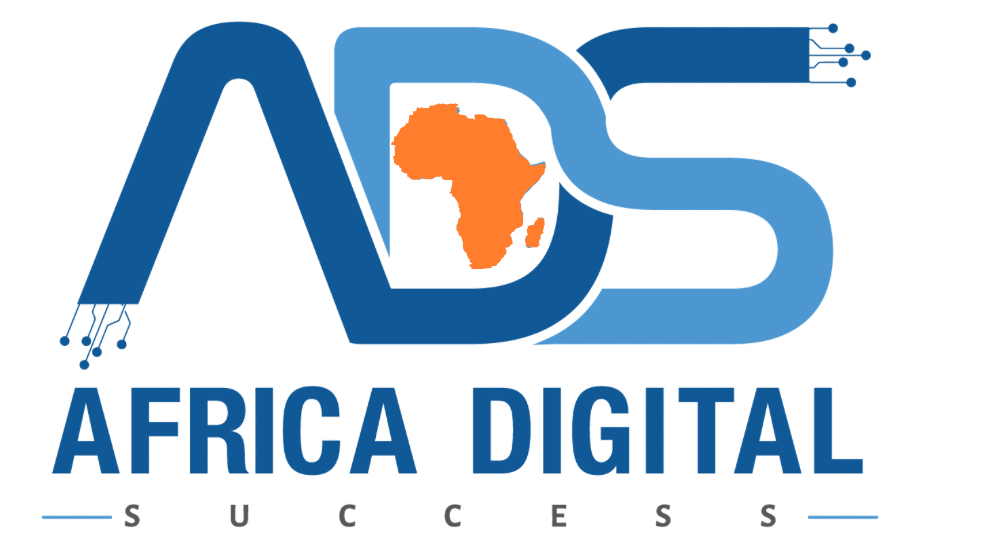Leveraging IT for Socioeconomic Challenges and Economic Development in Africa
By: Award winning CIO Lungi Sangqu
Contributed by Lungi Sangqu
Published June 2 | 4 min read
Many African nations face persistent and well-documented socioeconomic challenges, including:
- Poverty and income inequality
- Unemployment, particularly among youth
- Limited access to quality education
- Inadequate healthcare and medical services
- Food insecurity and malnutrition
- Lack of clean water and sanitation
- Unreliable or limited access to electricity
- Inadequate transportation infrastructure
- Limited financial inclusion and banking access
- Gender inequality and restricted women’s empowerment
Read more on: How Tech Is Reshaping Africa’s Development Trajectory
Despite these issues, the continent holds tremendous potential for economic growth and development. Several key drivers contribute to this outlook:
- Youthful and Growing Population – The continent’s youthful demographic, if empowered, could drive innovation and productivity
- Abundant Natural Resources – Rich in minerals, oil, and arable land, Africa has a foundation for agricultural and industrial growth
- Expanding Consumer Market – A growing middle class is creating demand and attracting investment
- Urbanization – Increased urban migration drives infrastructure and service needs, creating economic opportunities
- Technological Leapfrogging – Mobile technology allows the continent to adopt modern solutions without legacy limitations
- Untapped Renewable Energy – Africa’s solar, wind, and hydro resources can drive sustainable energy expansion
- Regional Economic Integration – Initiatives like AfCFTA promote intra-African trade and competitiveness
- Cultural Creativity – Africa’s diverse arts and culture are globally recognized, fueling tourism and creative industries
- Entrepreneurial Ecosystems – Innovative startups address local needs and boost employment
- Infrastructure Development – Investment in infrastructure spurs job creation and stimulates economic activity
African nations are increasingly using Information Technology (IT) to address social issues and stimulate growth. Here are country-specific examples:
Kenya
- M-Pesa: Transformed financial inclusion via mobile banking
- eCitizen: Provides accessible e-government services
Rwanda
- Medical Drones: Deliver essential supplies to remote areas
- Digital ID Cards: Electronic national IDs for efficient services
Ghana
- Digital Address System: GhanaPostGPS improves service delivery
- Mobile Money Interoperability: Enables cross-network transactions
Nigeria
- E-learning Platforms: uLesson improves educational access
- BVN System: Enhances banking security and inclusion
South Africa
- Smart Cities: Advanced infrastructure in cities like Johannesburg
- E-health: National Health Insurance digitization underway
Ethiopia
- Smart Agriculture: Using satellite data to improve farming
- Connectivity Expansion: Ethio Telecom boosts access
Morocco
- Smart Grids: Efficient energy systems through IT
- Digital Morocco 2020: Broad digital transformation strategy
Egypt
- Intelligent Transportation: Improving urban mobility
- Digital Egypt: Broad initiative for a digital society
Tanzania
- Mobile Money Services: Financial access via mobile technology
- E-Government Services: Improving public service delivery
Uganda
- Agri-Advisory Services: Farming support via mobile apps
- Digital Tax System: Increases efficiency and reduces corruption
Many non-African nations facing similar challenges have successfully implemented IT-driven solutions:
India
- Aadhaar ID: Biometric system enhancing service delivery
- UPI & Digital India: Revolutionizing payments and digital inclusion
Bangladesh
- bKash: A mobile financial platform akin to M-Pesa
- Telemedicine: Extending healthcare to remote areas
Peru
- Beca 18: Educational platform for low-income youth
- Agro Rural: Tech-based agricultural support
Philippines
- PhilSys ID: A national digital identity system
- GCash & PayMaya: Digital wallets promoting inclusion
Colombia
- Vive Digital: Expanding broadband and digital skills
- Precision Agriculture: Supporting small farmers
Indonesia
- Go-Jek: A super app offering financial and lifestyle services
- LAPOR!: Citizen feedback on government services
Mexico
- Prospera Digital: Mobile access to social programs
- CompraNet: Transparent public procurement system
Brazil
- Bolsa Família: Welfare disbursement through digital means
- Internet para Todos: Expanding broadband in rural areas
Thailand
- PromptPay: National e-payment platform
- Smart Farmer App: Agricultural resources via mobile
Vietnam
- E-commerce Program: Empowering SMEs through digital trade
- VNeID: Digital ID to access government services
Across the globe, including Africa, IT has made significant strides in:
- Financial Inclusion – Mobile banking and digital payment systems
- Education Access – E-learning platforms and digital classrooms
- Healthcare Delivery – Telemedicine and e-health systems
- E-Government Services – Efficient, transparent public administration
- Digital Identity – Easier access to critical services
- Agricultural Innovation – Mobile tools and satellite farming data
- Internet Connectivity – Closing the digital divide
The African continent holds immense promise. By investing in IT and leveraging global examples, African nations can overcome long-standing social challenges, empower citizens, and build thriving digital economies. The future lies in bold digital innovation — built not only for Africa but by Africa.




